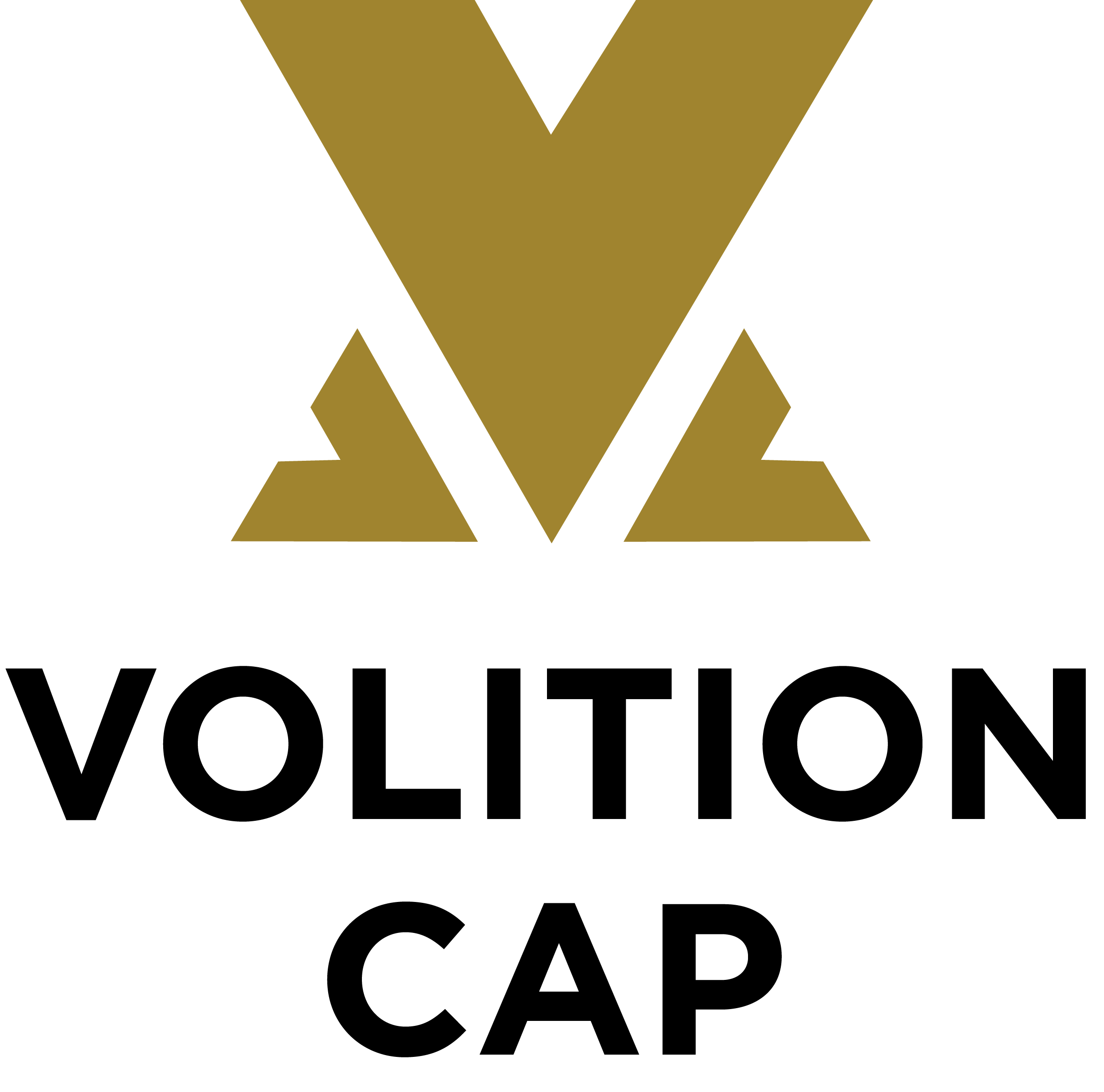The fall in oil prices
It all started in March when Saudi Arabia and Russia disagreed over proposed oil production cuts. This triggered a price war that crashed oil prices. The COVID-19 pandemic became official in the same month and slashed demand for oil significantly.
Oil prices plummeted.
Prices remained below $10 per barrel in April. Why? Excessive supply over demand. The Organization of Petroleum Exporting Countries (OPEC) resolved to curtail the output of countries in order to boost prices. Nigeria was reportedly producing 2 million barrels per day. It was then forced to cut this production to about 1.412 million barrels per day. Slowly, global prices improved. But almost half of Nigeria’s earnings were gone.
By 12th March, fears grew over the devaluation of the naira currency.
Oil and the Naira
You see, the Naira is called a petrocurrency. This is because its fate is intrinsically tied to global oil prices. Almost 90% of Nigeria’s foreign exchange comes from oil exports. So, when oil prices went down, the pressure on Nigeria’s exchange rate increased. The Central Bank of Nigeria (CBN) therefore had to devalue the Naira to reflect its true value.
By 20th Match, the CBN devalued its official exchange rate from N307/$1 to N360/$1. By August 6th, this was further adjusted to N380/$1.
Oil and refineries
Nigeria has four refineries: two in Port Harcourt, one in Warri and one in Kaduna. Don’t ask why there’s a refinery in Kaduna.
In April this year, the Group Managing Director of the NNPC (Nigerian National Petroleum Corporation), Mele Kyari said Nigeria would shut down these refineries until it secures financing. Apparently, the facilities were built between the 1960s and 1980s so they had to be upgraded.
Meanwhile, NNPC’s financial report in June showed that the refineries had total running costs of $367 million even though they had processed no oil. Can you imagine? Na wa oh.
In September, the Federal Government decided to give up its majority stake in these refineries. Private investors will now manage and operate them while the NNPC will resort to minority shares.
Will the refineries fare better in private hands? That is likely, since private persons actually care about being profitable. Which private persons will the majority stake be given? We don’t know that.
Oil and deregulation
Last week, the Petroleum Products Marketing Company (PPMC), a subsidiary of the NNPC announced an increase in petrol price from N151.56 to N162 per litre. It directed all oil petrol retailers to comply immediately. Two seconds, everywhere burst.
Why the increase? Well, deregulation. The downstream (supply and transportation) of the petroleum sector has been deregulated. This basically means that the government no longer determines the price of petrol, global market forces do. Or do they?
It’s not that bad really, it’s just the timing.
The federal government approved deregulation of the petroleum sector in March. It ended petrol subsidy, as well as NNPC’s status as sole importer. At the time, it also announced a reduction in petrol pump price from N145 to N125 per litre. That was apparently a palliative for Nigerians. The government also said that prices of petrol would be deregulated.
The PPPRA (Petroleum Product Pricing Regulatory Authority) was then directed to give monthly “guidance” on the prices of petrol. The pricing was to be dependent on a price modulation method, meaning that petrol prices would be determined by the price of crude. Subsequently, petrol price was reduced in March, April and June before it was increased in July.
Well, empowering an authority to guide price isn’t the same as allowing it to be determined by market forces, is it? It sounds like the opposite TBH. So yeah, marketers were not satisfied. According to them, the government should not meddle in petrol pump prices, it should indeed be allowed to float. Demand and supply. Economics 101.
Ta-dah! It seems that the government has finally taken this advice. The latest increase in petrol pump price supposedly reflects cost.
Oil subsidies
The hike in pump price has predictably met mixed reactions. Marketers are happy. Most Nigerians are not. Meanwhile, the Peoples Democratic Party (PDP), the Nigeria Labour Congress (NLC), etc. have condemned the new price calling it “a demonstration of the government’s insensitivity to the plight of the people…”
Well, according to the federal government, petrol subsidies are gone forever. The Minister of Finance, Budget and National Planning, Mrs. Zainab Ahmed has said that fuel subsidies drain the economy. The government has even removed fuel subsidy provision from its budgets.
The Minister of State for Petroleum, Mr. Timipre Sylva, said that subsidy removal would save Nigeria about N1 trillion every year. Also, those who cannot afford petrol can try alternatives like gas! Compressed Natural Gas (CNG) and Liquefied Petroleum Gas which are “cheaper and better alternatives.”
Will subsidy removal work for the Nigerian economy? We can’t tell, what do we know? Let’s ask the stakeholders…
According to marketers, “deregulation will foster an eventual price reduction in the nearest future when other market fundamentals would converge to create the desired competitive market space”.
According to the Minister, “deregulation is a necessary policy direction. I agree it would come with a few pains initially. But I can assure you that when we all overcome it, we will be happy that we took the decision.”
Well, we’ll keep our fingers crossed then…





